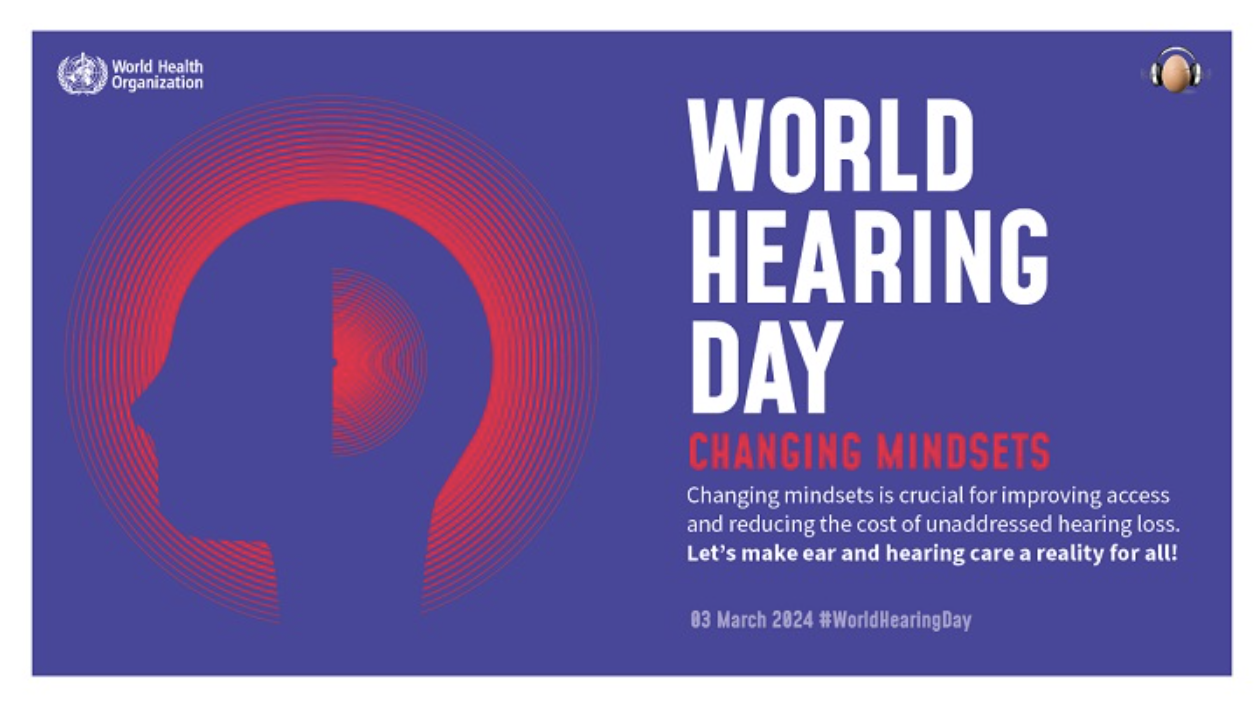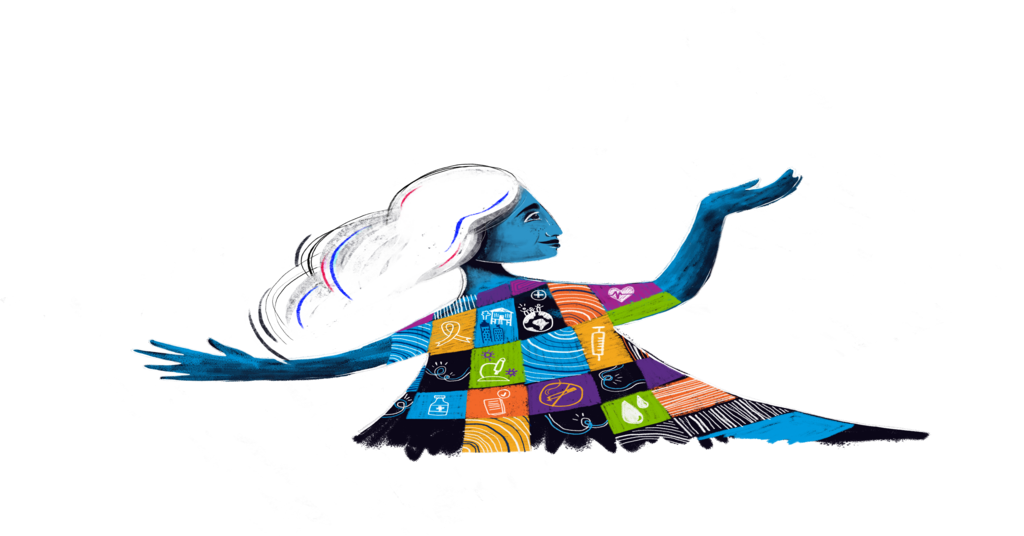
Phone captioning apps for people with hearing loss
July 21, 2021
What Disability Pride Month means for the deaf community
July 26, 2021Twitter adds captions for voice tweets

Twitter is finally making one of its features more accessible to deaf and hard of hearing users. In June 2020, the social media company added voice tweets, which lets users record up to two minutes and 20 seconds of audio as a tweet. Twitter was immediately met with backlash for not providing automated captions for voice tweets. Now, more than a year later, captions for voice tweets are available.
Lack of Accessibility
When voice tweets were added to the Twitter platform, the lack of accessibility resulted in another discovery. At the time, Twitter didn’t have a dedicated team for accessibility. Employees had to volunteer their own time. A Twitter executive even defended the lack of captions by claiming that adding transcripts would have delayed the launch of voice tweets until 2021 or 2022. Disability activists called them out on not being inclusive from the start.
The resulting outcry spurred Twitter to create two new teams in September 2020: the Accessibility Center of Excellence and the Experience Accessibility Team.
Read more: Twitter’s new audio feature is not accessible for deaf people
Captions for Voice Tweets
On July 15, 2021, Twitter announced the rollout of captions for voice tweets.
We took your feedback and we’re doing the work. To improve accessibility features, captions for voice Tweets are rolling out today.
— Twitter Support (@TwitterSupport) July 15, 2021
Now when you record a voice Tweet, captions will automatically generate and appear. To view the captions on web, click the “CC” button. https://t.co/hrdI19Itu6 pic.twitter.com/pDlpOUgV6l
According to Twitter, the captions are generated using Microsoft Corporation technology and cannot be edited by users. Captions for voice tweets are available in many languages besides English: Japanese, Spanish, Portuguese, Turkish, Arabic, Hindi, French, Indonesian, Korean, and Italian. Your device’s language settings are used as the basis for the transcription. If your device is set to one language and you’re speaking in another, the feature won’t work. Captions also won’t work on older tweets, just ones made after the feature was added.
Read more: TikTok, Instagram now have auto captions
“Though it’s still early and we know it won’t be perfect at first, it’s one of many steps we’re taking to expand and strengthen accessibility across our service, and we look forward to continuing our journey to create a truly inclusive service,” Gurpreet Kaur, head of global accessibility at Twitter, said in a statement.
“…it’s one of many steps we’re taking to expand and strengthen accessibility across our service…”
Ironically, the feature isn’t 100 percent accessible. It’s not yet available for Android users.



